Ghee and butter are kitchen staples in Indian households revered for their rich flavor and versatility in cooking. While both are derived from dairy, they possess unique qualities that set them apart. In this blog, we'll explore the differences between Ghee and butter, shedding light on their nutritional profiles and potential health impacts to help you make an informed choice for your culinary endeavors.
Ghee vs Butter, what is the difference?
Ghee is clarified butter with milk solids removed, known for its nutty flavor and high smoke point, making it ideal for frying. It is also low in lactose and casein, suitable for those with dairy sensitivities.
Butter is a creamy dairy product with water content and milk solids, providing a tangy flavor and a lower smoke point. It is higher in saturated fat and contains cholesterol, suitable for gentle cooking methods like baking and sautéing at lower temperatures.
Lets understand the core crux of it
|
Ghee |
Butter |
|
Rich in vitamins A, D, E, and K. |
Contains vitamins and minerals like calcium and phosphorus. |
|
Contains butyric acid, good for gut health. |
Higher in saturated fat than ghee. |
|
Retains essential fatty acids and antioxidants. |
Provides conjugated linoleic acid (CLA), potentially beneficial. |
|
Low in lactose and casein, suitable for dairy-sensitive individuals. |
Contains cholesterol, may pose heart health concerns if over consumed. |
|
Ayurvedic practitioners tout its therapeutic properties, and may help cholesterol levels in moderation. |
Provides essential nutrients, but excessive intake may raise heart health concerns. |
|
High smoke point, less prone to harmful compounds during cooking. |
Lower smoke point, more susceptible to harmful compounds at high temperatures. |
Ghee is often regarded as a healthier option compared to butter for several compelling reasons:
Nutrient Content: Unlike butter, which undergoes extensive processing, ghee remains unrefined and retains more nutrients. Prepared from clarified butter
Lactose and Casein Removal:- During the clarification process, lactose and casein, the components of dairy that some individuals may be sensitive to, are removed from ghee. This makes ghee suitable for those with lactose intolerance or dairy allergies.
High Smoke Point:- Ghee has a higher smoke point than butter, making it more suitable for high-temperature cooking methods such as frying and sautéing. Cooking oils and fats with higher smoke points are less likely to break down into harmful compounds when exposed to heat, preserving their nutritional integrity.
Gut Health Benefits:- Ghee contains butyric acid, a short-chain fatty acid with anti-inflammatory properties that support gut health. This compound helps nourish the cells lining the digestive tract, promoting a healthy gut microbiome and reducing the risk of digestive issues.
Potential Health Benefits: -Ayurvedic practitioners tout ghee for its therapeutic properties, including its ability to nourish tissues and promote longevity. Some studies suggest that ghee may have neutral or beneficial effects on cholesterol levels when consumed in moderation.
Traditional Medicine Usage:- In Ayurvedic medicine, ghee is revered for its medicinal properties and is believed to offer various health benefits. It has been used for centuries in traditional medicine practices for its healing and rejuvenating properties
Health effects of Butter:
The health effects of butter can vary depending on factors such as consumption frequency, portion size, and overall dietary patterns. While butter is a source of essential nutrients, it is also high in saturated fat and cholesterol, which can impact health when consumed excessively. Here are some key points to consider:
High in Saturated Fat:-Butter is high in saturated fat, which, when consumed in excess, can raise levels of LDL cholesterol, commonly referred to as "bad" cholesterol. Elevated LDL cholesterol levels are a risk factor for heart disease and cardiovascular issues.
Cholesterol Content:- Butter contains dietary cholesterol, which can contribute to elevated cholesterol levels in the blood. Excessive consumption of dietary cholesterol may increase the risk of cardiovascular diseases.
Calorie Density:- Butter is calorie-dense, meaning it provides a significant amount of calories in a small serving size. Consuming butter in large quantities can contribute to weight gain and obesity if not balanced with physical activity and a varied diet.
Potential Health Risks:-Excessive intake of saturated fat and cholesterol from butter has been associated with an increased risk of heart disease, stroke, and other cardiovascular conditions. Individuals with existing heart health issues or risk factors should moderate their butter intake.
Individual Variability:-It's essential to recognize that individual responses to butter consumption may vary based on factors such as genetics, lifestyle, and overall dietary patterns. Some people may tolerate butter well in moderation, while others may need to limit their intake more strictly.
Substitution Considerations: When incorporating butter into the diet, it's crucial to consider potential substitutions that may offer similar flavor and texture but with fewer health risks. Options such as olive oil, avocado, or nut butter can provide healthy fats and nutrients without the saturated fat content of butter.
Throughout this blog, we've delved into both options extensively, to provide a clearer picture for you to make your decision. Ultimately, the decision between ghee and butter boils down to personal preference, dietary restrictions, and culinary needs. While ghee may offer potential health benefits and culinary advantages, butter remains a beloved staple in many cuisines around the world.
Whether you opt for the rich aroma of ghee or the creamy texture of butter, incorporating these dairy products mindfully and in moderation can elevate the flavor and nutritional value of your meals. Experiment with both ghee and butter in your cooking to discover which one best suits your taste buds and dietary preferences.
Experience the difference that Aazol's premium A2 Bilona cow Ghee can make in your culinary journey. Elevate your cooking to new heights and nourish your body with the goodness of pure, wholesome ingredients. Embrace tradition, taste, and health with Aazol's premium ghee. Shop at https://aazol.in/
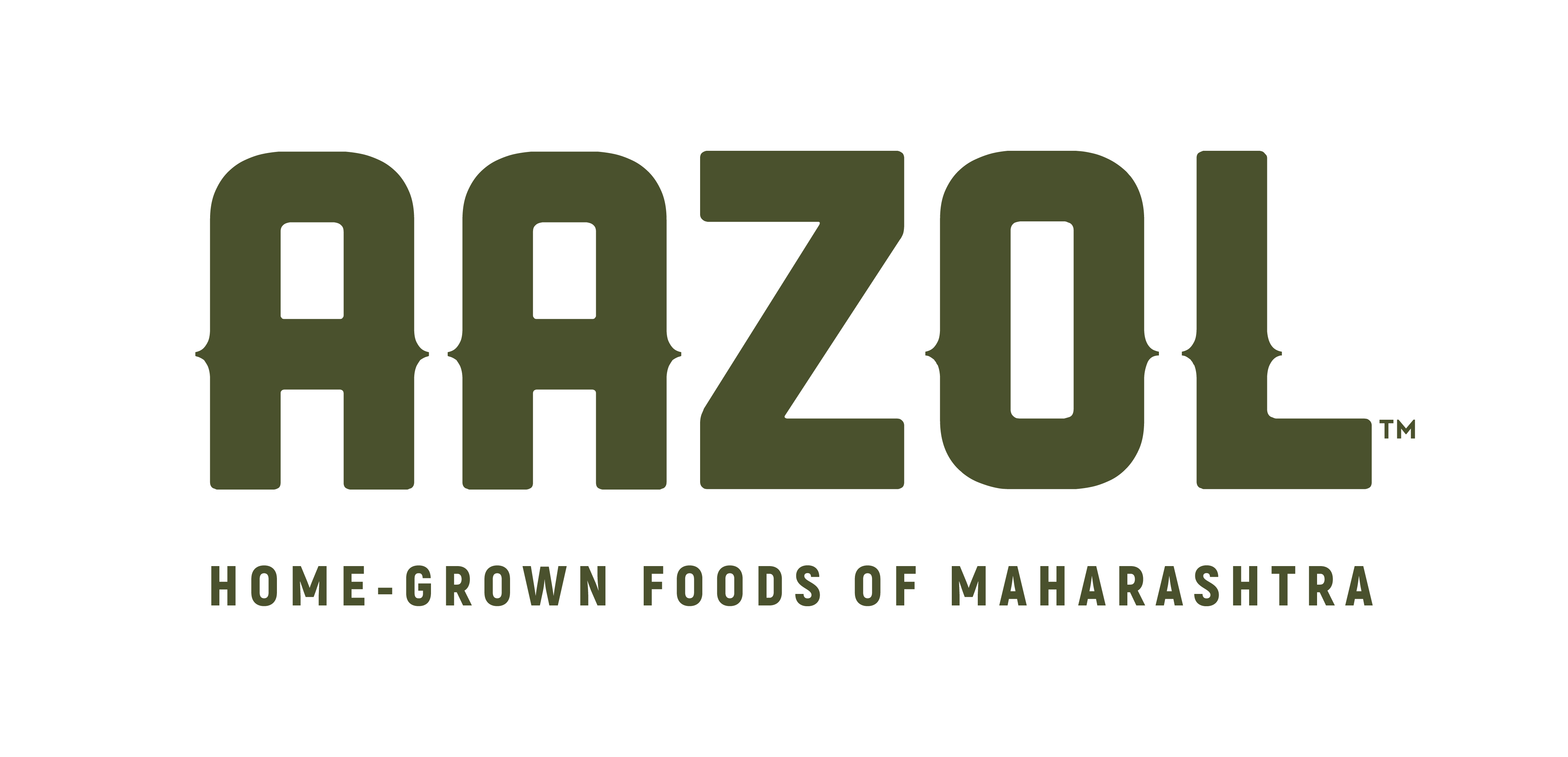

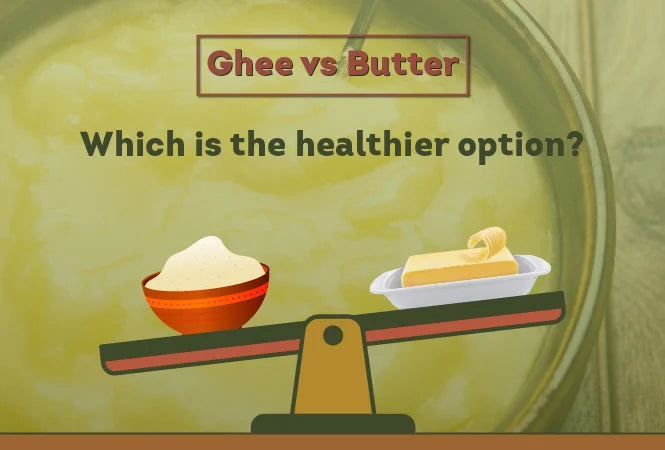
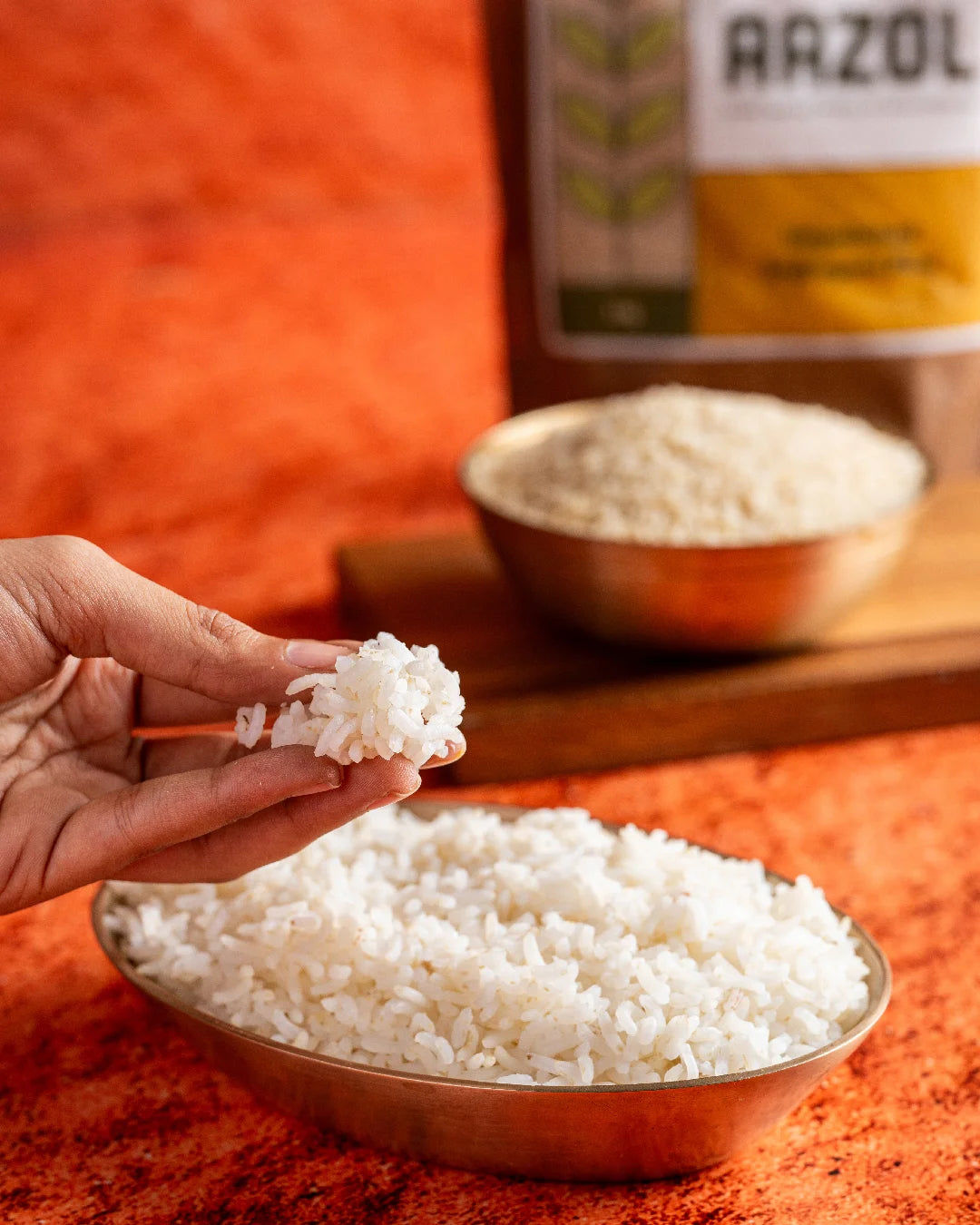
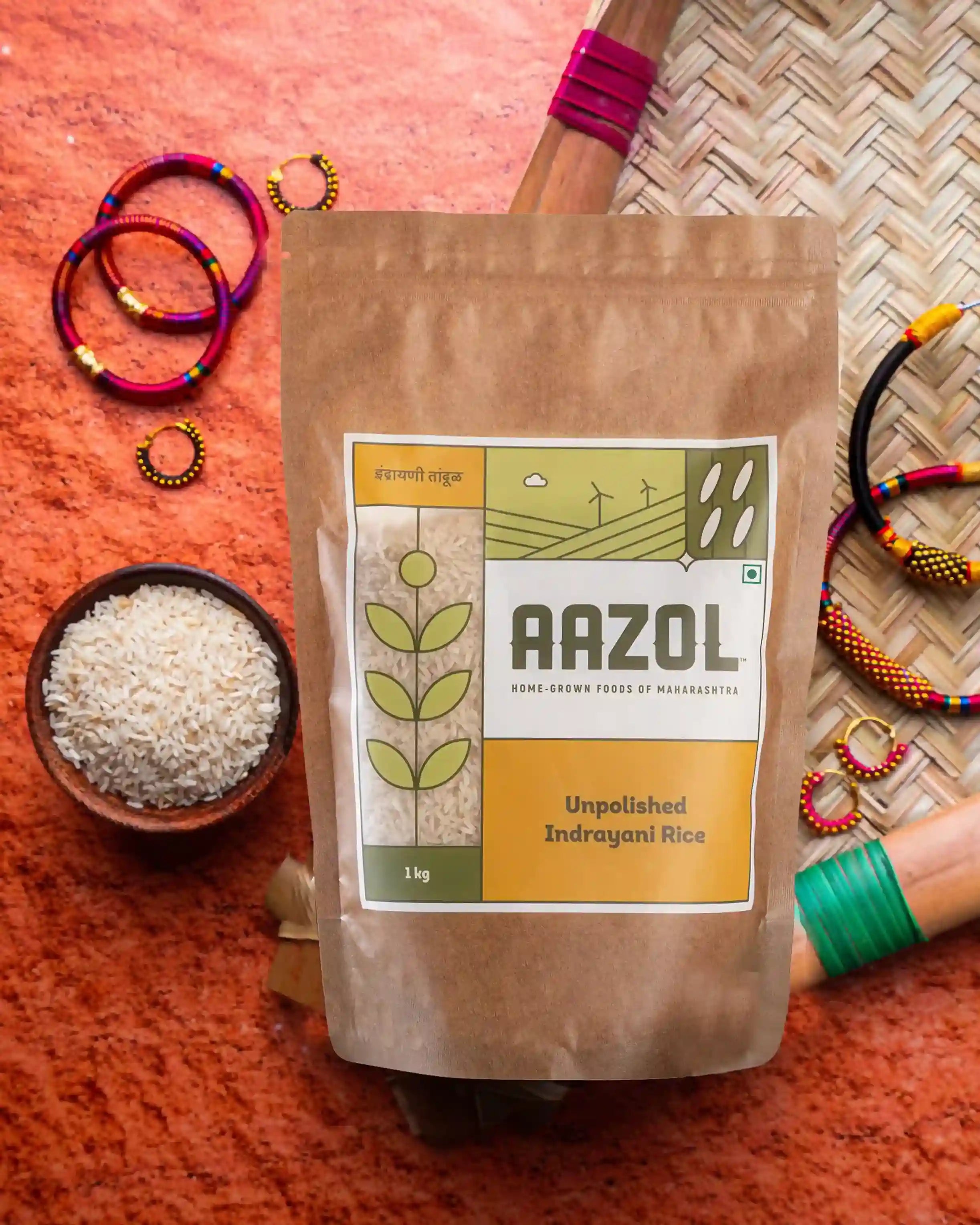
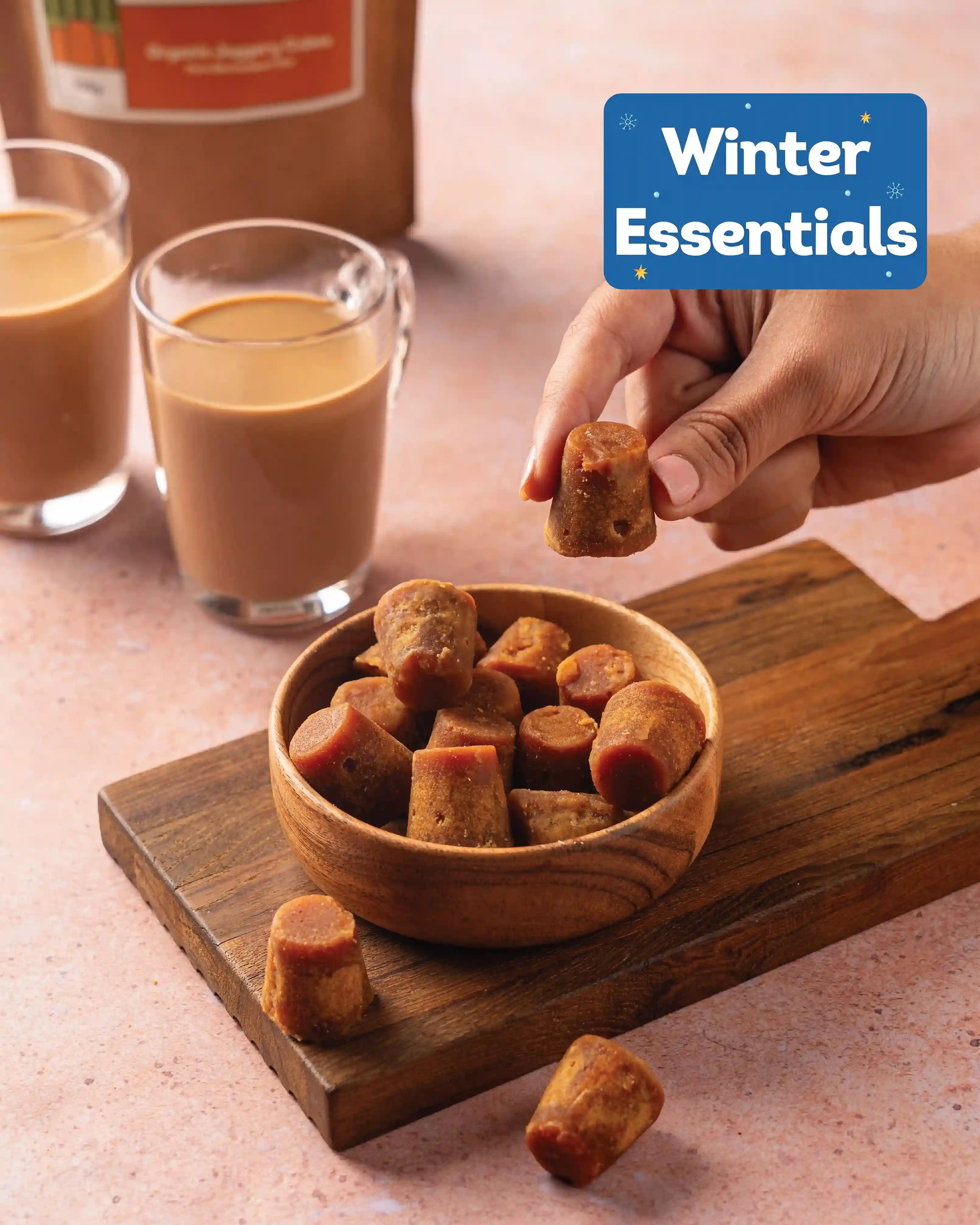
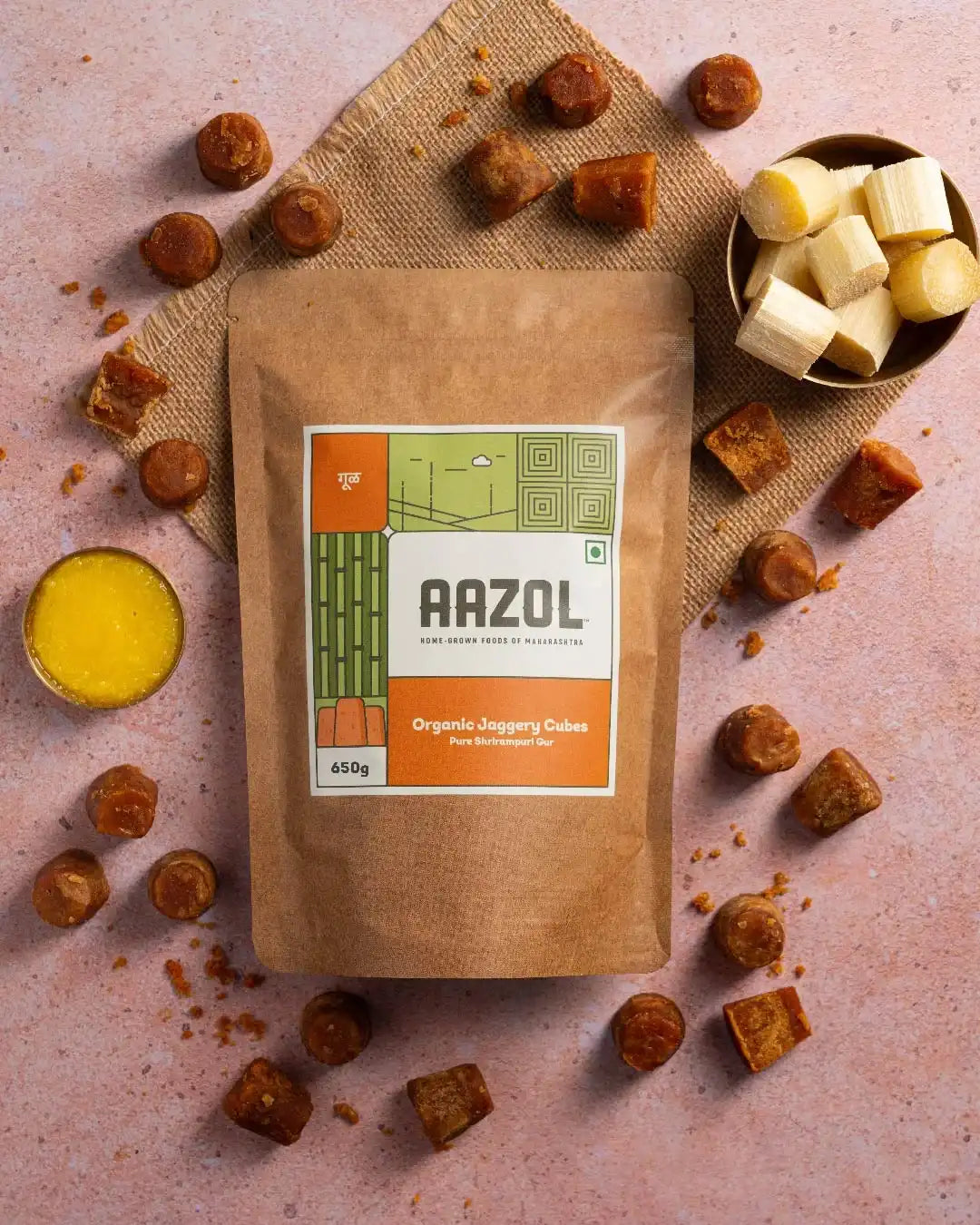
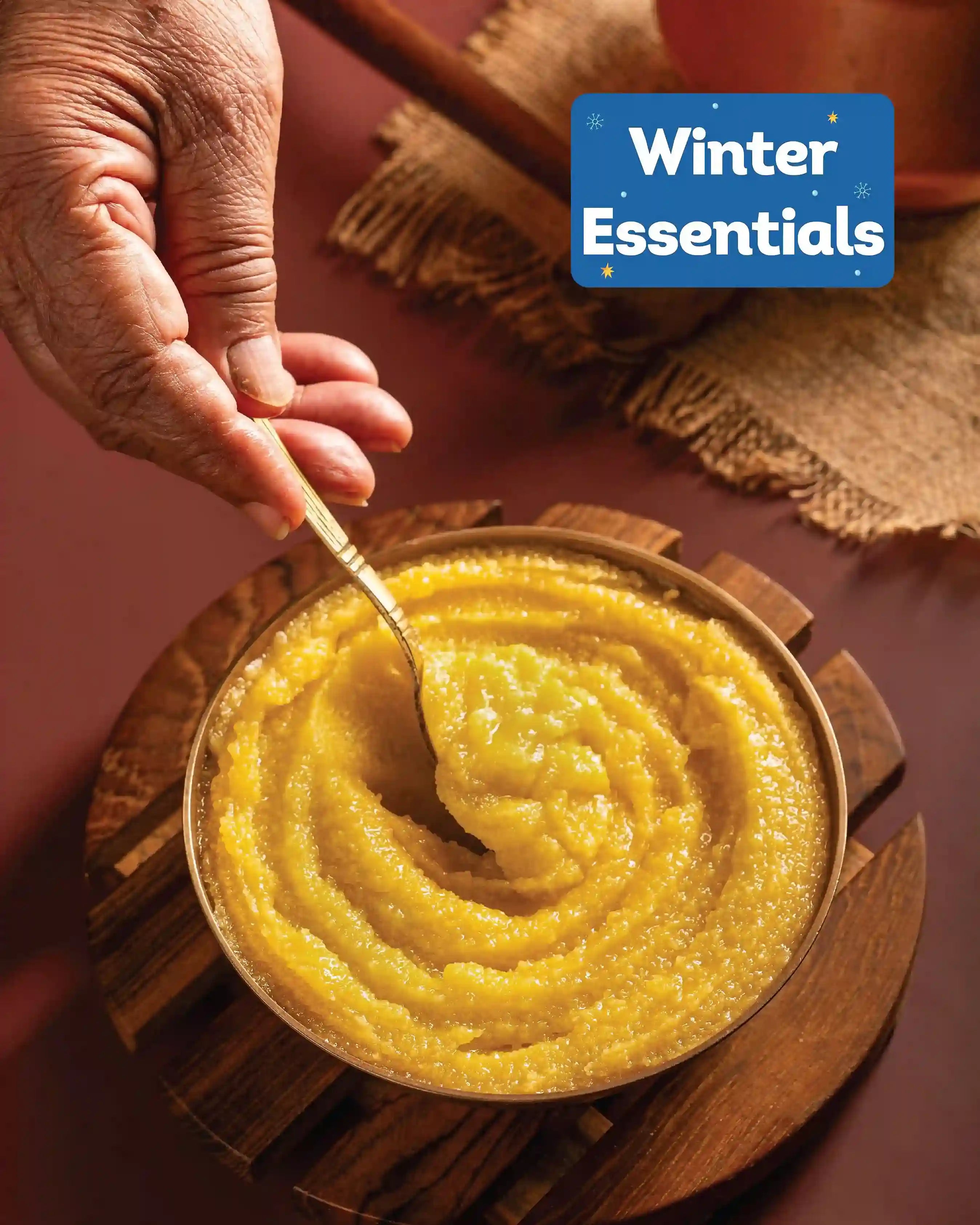
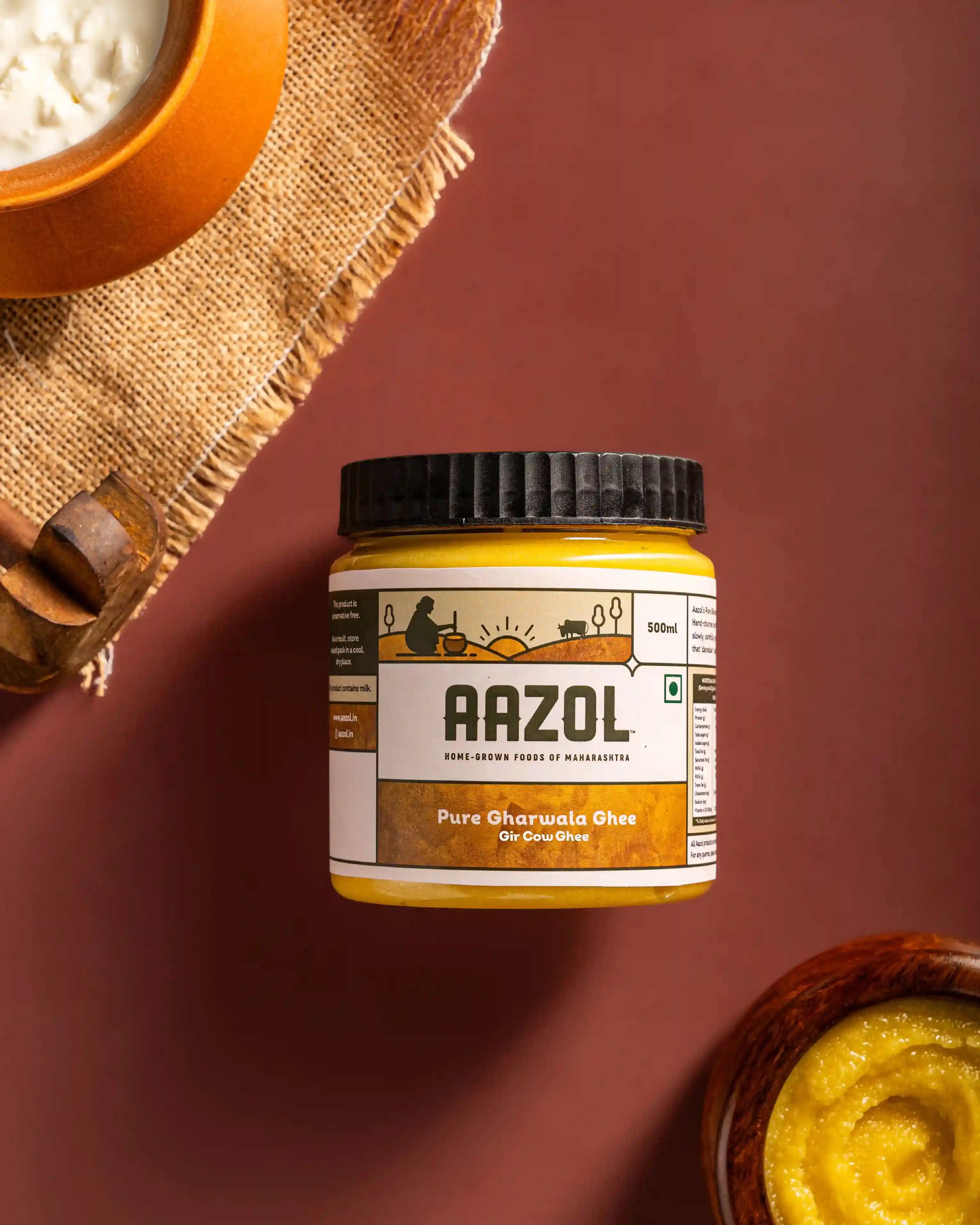
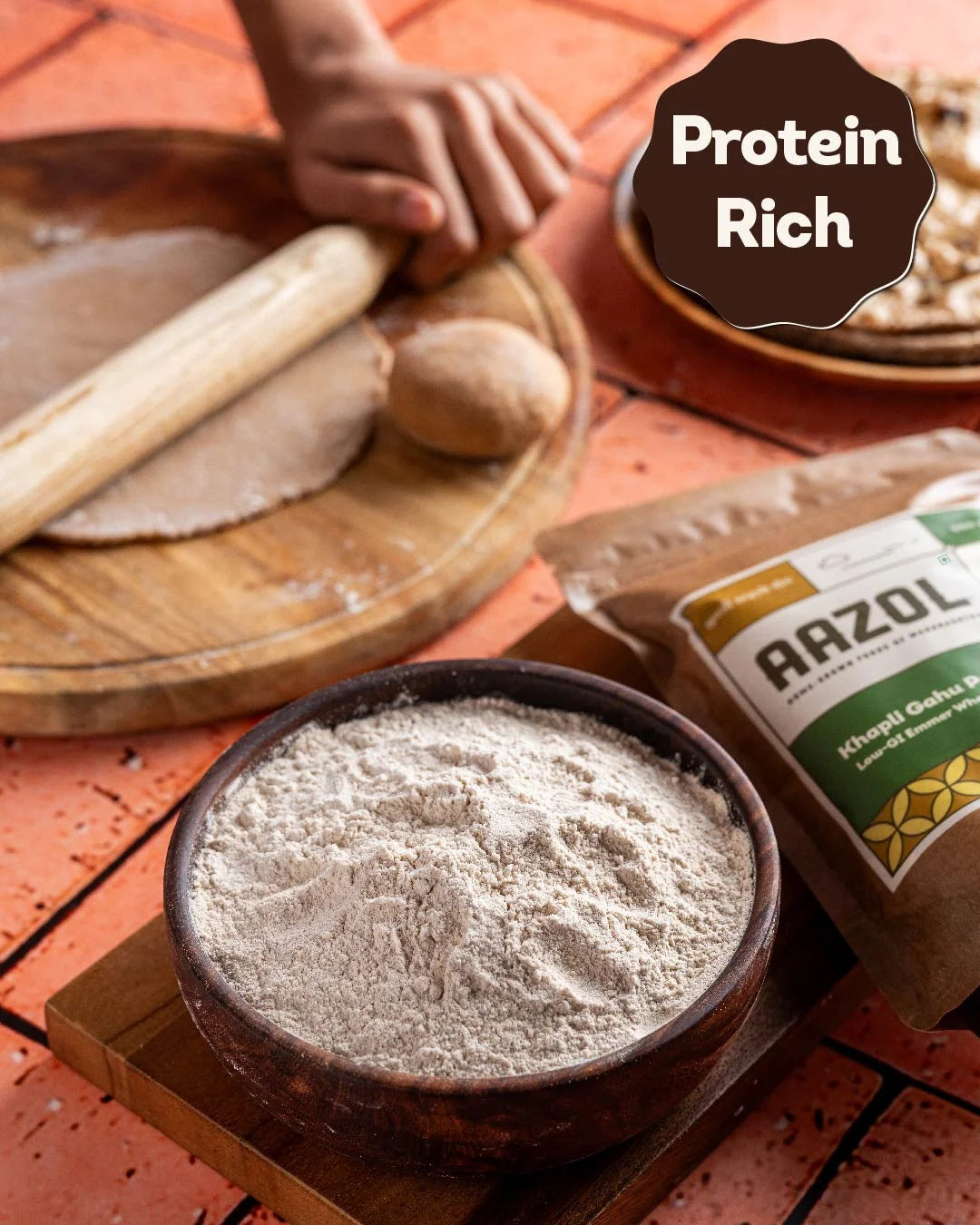
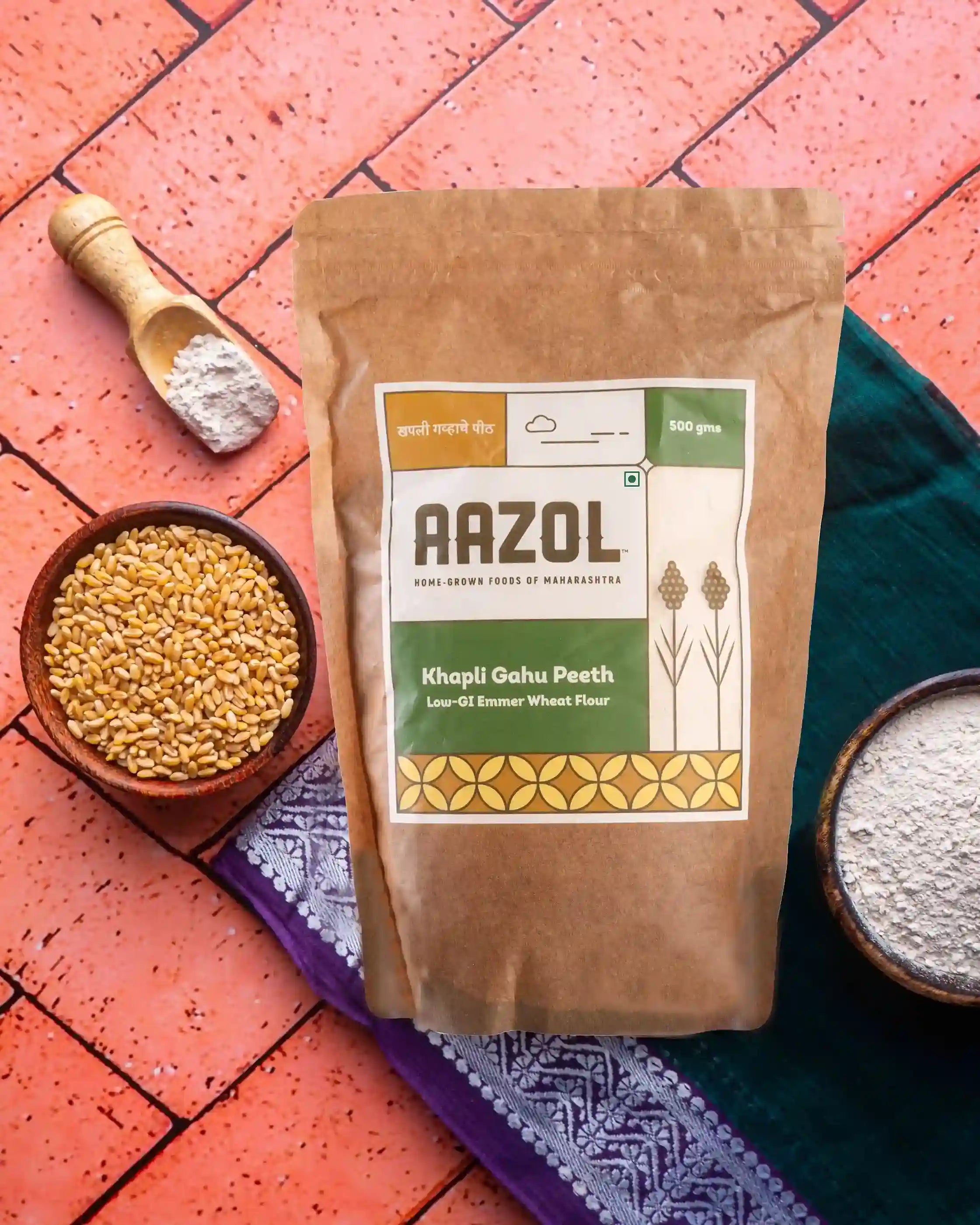
Comments (0)
Your comment may be featured to help others on a similar journey